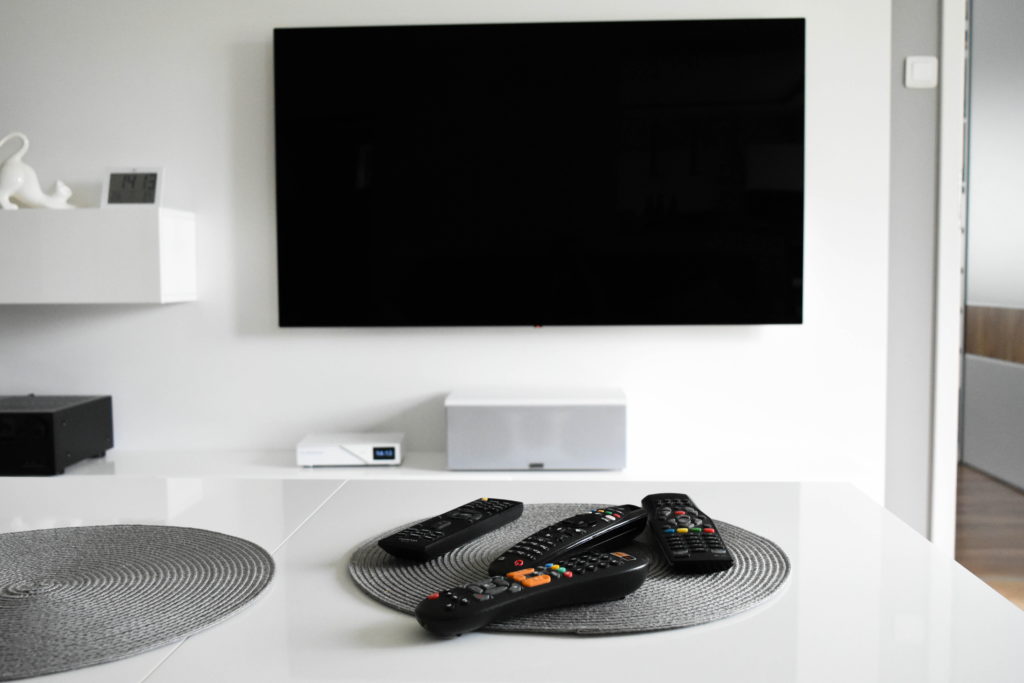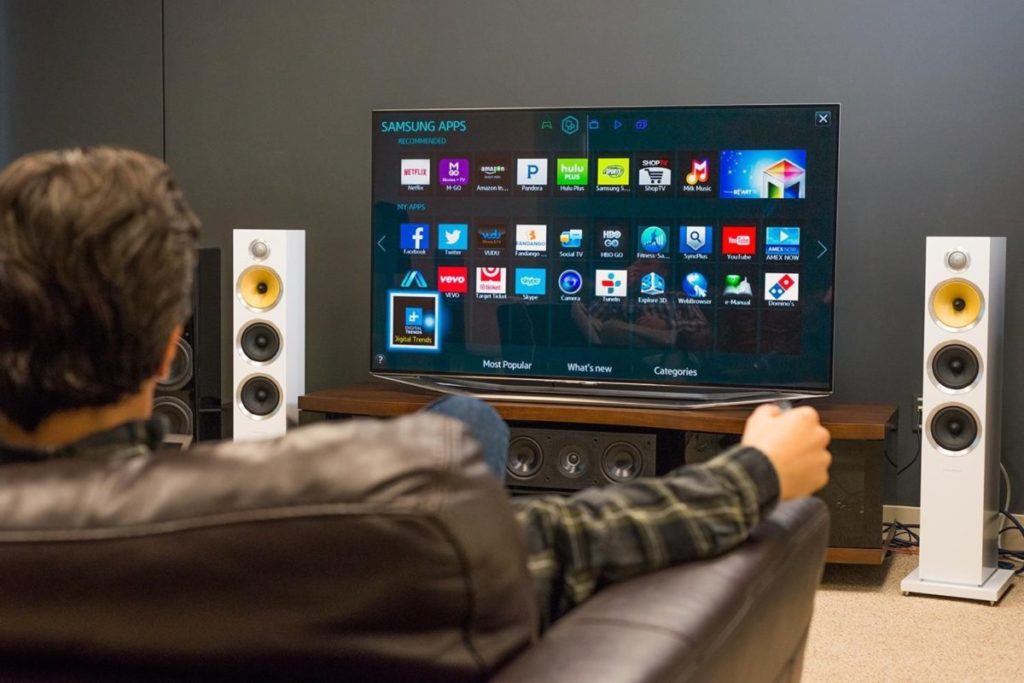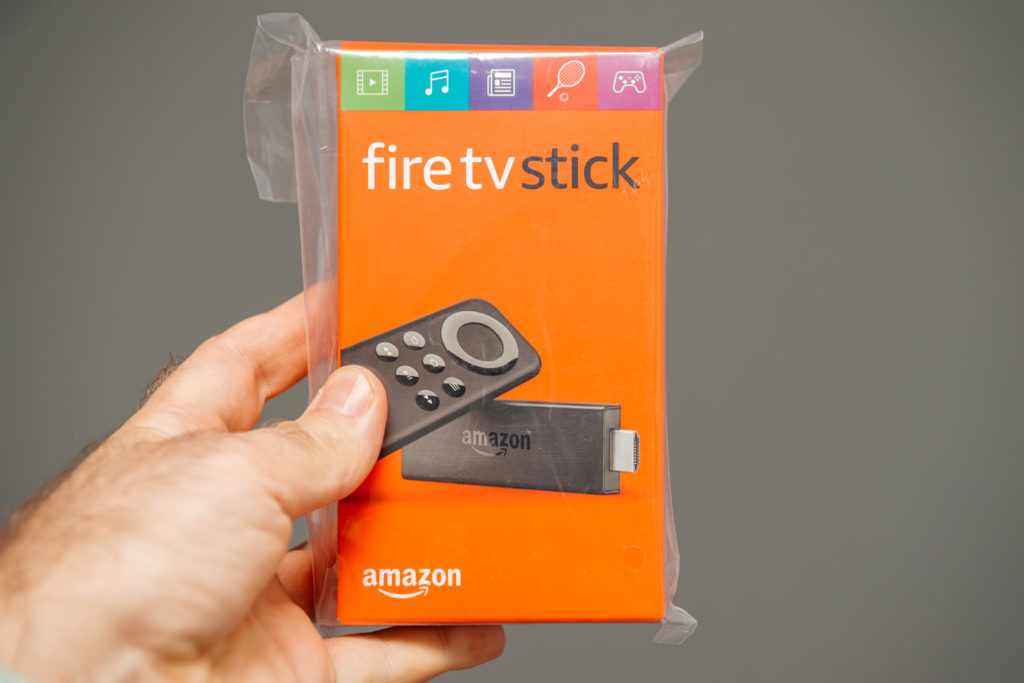Watching TV is an option we can think of when we want to relax. It is also a chance to spend quality time with your loved ones while at home.
However, you won’t probably have a good time watching if you are distracted by a strange sound coming from the TV, primarily if it produces a high-pitched noise.
How do we fix a TV that has a high-pitched noise? Unplug the cord from the power outlet, wait for 30 seconds, plug the cable back to the power outlet, and turn on the TV. Try to change the channel/video input, make sure audio/video components are connected to the TV properly, disconnect all third-party audio/video components, put the TV on a carpeted floor.
There are times when this simple process won’t work, depending on varying factors.
Let’s find out in this article why such problems occur and how you can completely solve them. Check out the list of the best streaming devices on Amazon now!
Why Is My TV Making A High-Pitched Noise?
When your TV is making a high-pitched noise, several factors contribute to it.
For instance, a high-frequency electric current may cause vibration on some parts of the TV. These parts can be:
- Ferrite Beads in the Horizontal Deflection Circuits
- Deflection Yoke
- Horizontal Flyback Transformer
- Magnetic Field Along with Sheet Metal
- Coil
- Choke
These parts do not produce noise if they are in good condition.
But when exposed to prolonged and frequent vibration due to fluctuating voltage, poor connection in the deflection of current is inevitable.
On the other hand, the noise may also be due to the following reasons:
Third-Party Components
If there are third-party devices and components connected to your TV, the noise is likely coming from any of them.
In some cases, removing them will also remove the noise, so the problem is not coming from the TV.
Position and Location of the TV
Sometimes, the position of a TV creates vibration. Check if the TV is closer to a glass panel or thin metal sheets.
It is also possible that the TV rack has some loose frames.
Loudspeaker Interference
It is recommended that you carefully spot where exactly the noise is coming from.
Do not forget to listen closely to the loudspeaker.
If the noise is coming from it, the cause is not a mechanical vibration but something else like signal interference.
Why Does My TV Make Noise When Turned Off?
You might be wondering why you can still hear a noise from your TV after you turn it off.
For example, you could hear a crackling or popping sound for several minutes or so.
Nonetheless, these issues can be expected depending on your device.
Four reasons are possible:
1. Earthing Issue
There are countries where earthing devices in electrical sockets are uncommon.
In the absence of an earthing device, the socket tends to absorb the electrical charge.
The buildup of the charge will reach a point that it has to discharge itself, thereby producing a popping sound afterward.
If that is the case, have an earthing device installed and see if the noise still exists.
2. Defective Power Supply Capacitors
When the high-pitched noise is still audible even after unplugging the power cord, the noise could come from a defective power supply capacitor.
It happens when the tops of the capacitors bulge. If not, check the capacitors with a capacitance tester. It will tell you whether or not to replace them with new ones.
3. Background Updates
Even if you turn off a TV, as long as the power cord is plugged into the outlet, the TV is still searching for updates, especially with new models.
It searches for connection status and other customized settings. This background activity can be the one producing a popping sound.
To make sure, try to disconnect all external devices connected to the TV without unplugging the power cord from the outlet. See if the noise is audible.
4. Expansion and Contraction of Parts
A noise that occurs when a TV is turned off is normal for some models.
The reason? The plastic materials and metals inside the TV expand when the temperature gets high and contract when they cool down.
You may not hear the expansion when the TV is on because of the loudspeaker volume, but the same noise is heard when contraction occurs right after turning off the TV.
As the device gets older, the expansion and contraction will become less and less noisy.
Step-by-Step Process to Fixing a TV that is Making a High-Pitched Noise
If the basic process of unplugging and plugging won’t work, follow the steps below.
Do these first:
- Reset your TV by unplugging it, waiting for 30 seconds, then plugging it back in
- Change the channel/video input
- Make sure audio/video components are connected to the TV properly
- Disconnect all third party audio/video components
- Remove a non-flammable sound-absorbing material from near the TV.
- Place the TV away from a corner.
- Put the TV on a carpeted floor.
If the noise is still there, carry out these steps:
- Get a dry wooden stick and prod the suspected parts.
- Use a cardboard tube to listen to parts while prodding them.
- When the sound is changing, the part is perhaps the culprit.
- Use a wooden wedge toothpick to reposition the part.
- If the TV is old, try coating the flyback transformer.
- If the noise is still there, replace the flyback transformer.
Why Do Old TVs Make High-Pitched Noises?
Let’s be specific about the term “old TV” because it could tell two things.
First, do you mean a TV that has been working until now for many years? Or a newly bought TV in the past?
A high-pitched noise was common in most brand-new TVs in the past.
However, as they age, the noise is slowly disappearing.
It’s because TVs in the past had a picture tube with an anode voltage of 25KV. TV manufacturers had included flyback transformers to generate such a high voltage.
This transformer, when new, would be heard chiefly by young people and not usually by adults. Check out the list of the best streaming devices on Amazon now!
Summary
The above information will surely help you fix a TV that has a high-pitched noise.
The complete options for this particular issue are right there. You can use simple and basic steps.
If they do not solve the problem, review specific cases and recommendations.
The final steps will give you a clue whether or not you need to replace some parts.
Nevertheless, the tips above are a good reference for you to discover your own better ways.

Hi there, technology lovers! My name is James, I am an admin and a frequent writer for this blog. I am a techno-geek, so this blog is the place where I want to share all my knowledge with you to make your life a little bit easier in terms of dealing with technology.



